Public Sector Cooperation on Open Source
Exploring how the European public sector can cooperate and act together to solve the key open
source issues they face
Workshop within the framework of the Open Source Workshops for Computing and Sustainability event
Albert Borschette Conference Center, Brussels: 02 December 2022
Workshop time: 12:00-13:30 CET | Room 0C
Workshop Description
In the last 20 years, Open Source has become pervasive in all the ICT industry. Open Source Software needs to be considered while designing the business strategy of any company in the ICT sector. On the other hand, Open Source hardware is in terms of adoption in a similar position as OSS was a decade ago.
The success of OSS has come with the availability of a flexible open stack from the kernel to the application level. This stack ensures digital autonomy for the EU in the layers it covers. The extension of the stack below the kernel in the HTC sector would extend the digital autonomy to layers where Europe is not independent today. This session will deal with the threats and opportunities associated with the aforementioned extension to the processor level, as well as with the strengths Europe can count on and the weaknesses that need to be overcome.
Chair
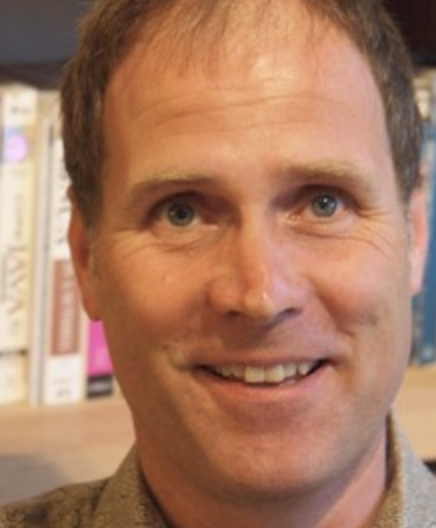 |
Gijs Hillenius (DIGIT) IT project officer at the European Commission’s open source programme office (EC OSPO) since late 2020. During 2019 and 2020 Gijs was closely involved in the revamping of the Commission open source software strategy (C(2020/7149), which created the OSPO. Subsequently he was involved in the Commission Decision on the open source licensing and reuse of Commission software (2021/C 495 1/01); and in the creation and subsequent running of code.europa.eu - the code development platform for open source software projects for which European Union institutions, bodies, offices and agencies hold the intellectual property rights. Starting in 2007 and until 2020 he reported for the Commission open source observatory (OSOR.eu, now part of Joinup). |
|
Assisted by |
|
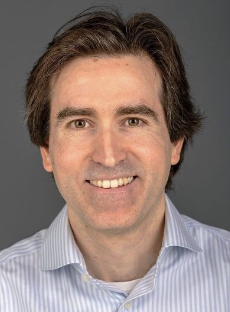 |
Miguel Diez Blanco (EC OSPO Team Lead, DIGIT B3.002) Miguel Díez Blanco is the Project Lead of the Open Source Programme Office (OSPO) at European Commission, which is the “go-between” for all activities outlined in the EC Open Source Strategy, whose main goal is to direct the organisation towards open source principles and practices. Miguel holds an MSc in Informatics Engineering from the Universitat Politècnica de Catalunya · BarcelonaTech (UPC) and an MBA at HEC Paris School of Management. |
Panellists
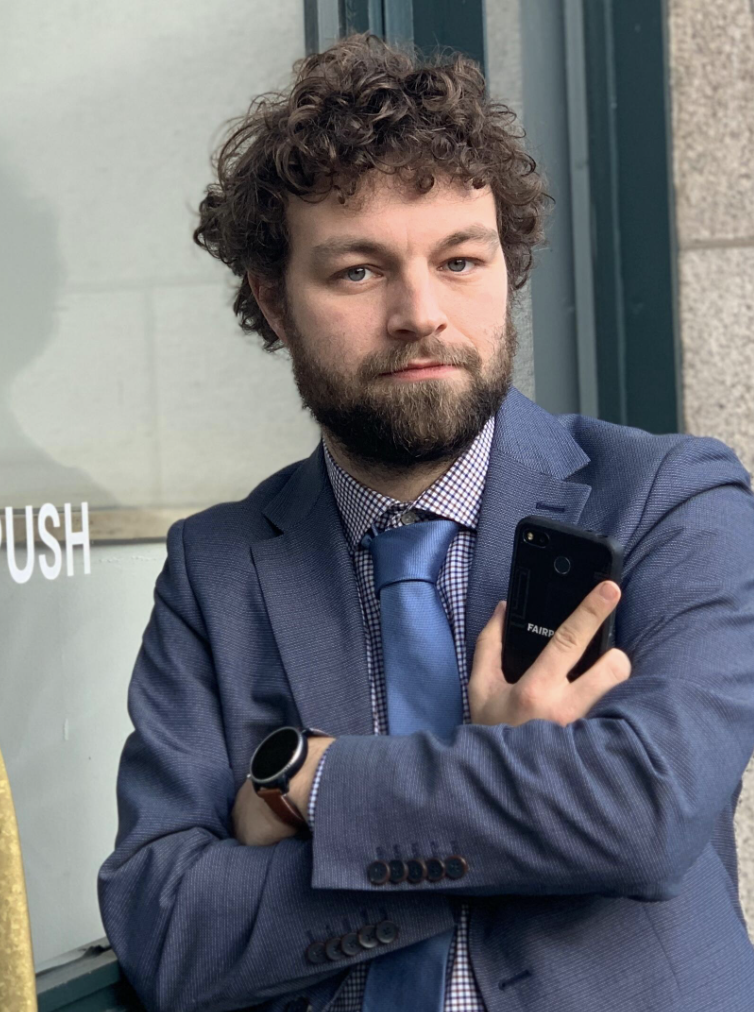 |
Boris Van Hoytema (Foundation for Public Code) As a proponent of public entities that are in control of their own execution and can provide effective digital government services, Boris van Hoytema founded the Foundation for Public Code. The organization supports the growth of collaboration in the public sector around open source software and policy. Alongside supporting public organizations and their open source projects the Foundation for Public Code publishes tools for everyone to use. The most well known is the Standard for Public Code that provides a standard for public software projects that are effective and can scale in their collaboration. |
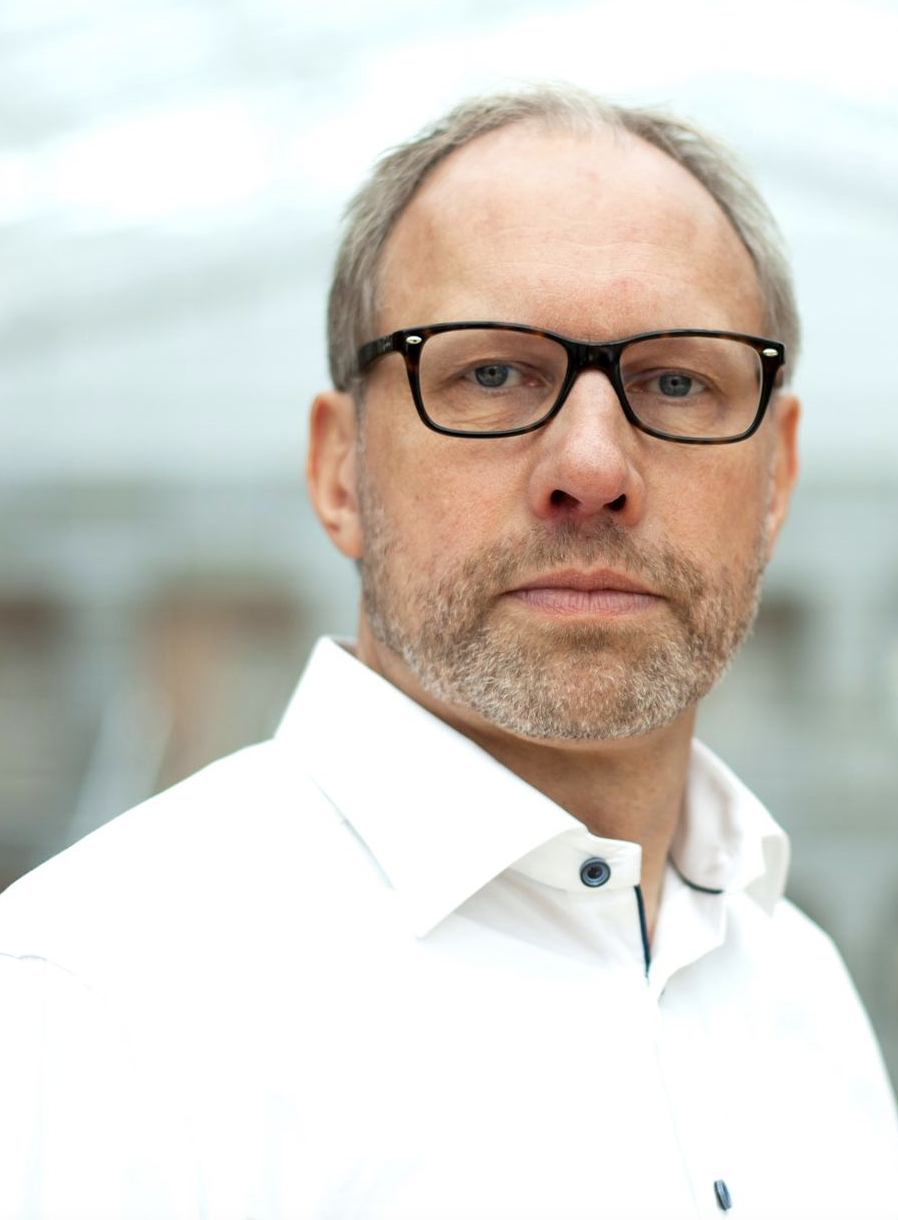 |
Daniel Melin (Skattverket - Swedish Tax Agency) Daniel Melin works as a strategist at the Swedish Tax Agency, focusing on cloud computing and governmental it-services. Free Software has been a part of Daniel’s life since 1998 and he has a background from both the it-industry and the public sector since 1990. |
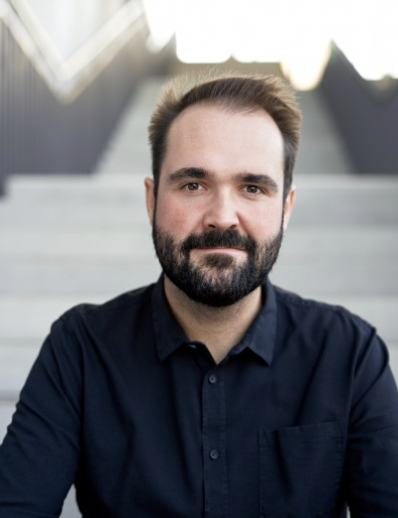 |
Frederik Blachetta (Dataport, Germany) Frederik Blachetta is Chief Strategy Officer of Dataport, a German public IT service provider and leading the board staff for strategy and transformation. They design scenarios on government digitization and build relevant ecosystems. To this end, Frederik deals with driving developments and forces, especially cloud, digital sovereignty and open source. He is also Board member of Initiative D21, Germany’s largest network for digital society. |
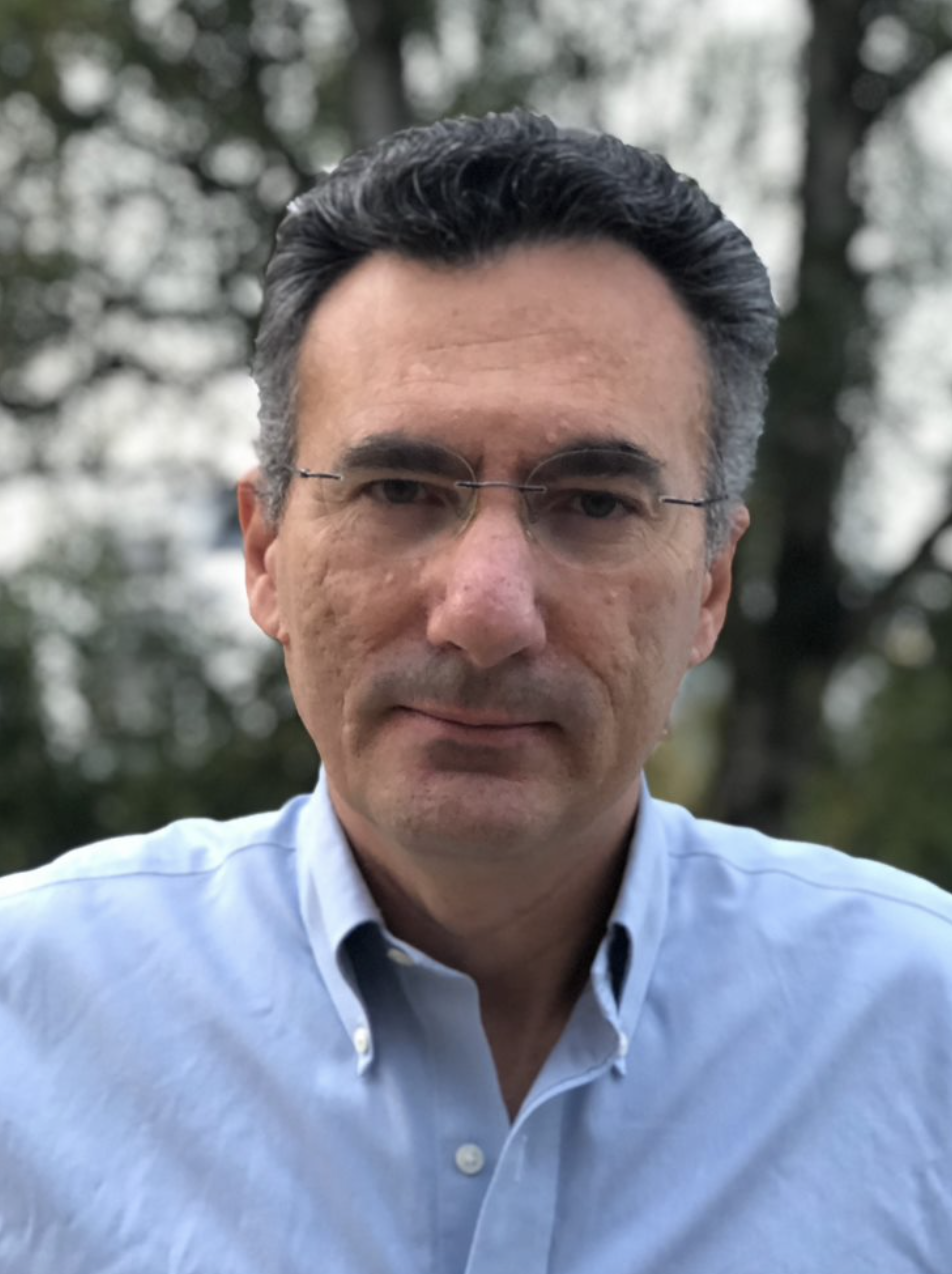 |
Daniele Pagani (SIGI) Daniele Pagani is working on the digital transformation of local public administrations at SIGI, an inter-municipal association delivering IT and digital services to 101 municipalities in Luxembourg. SIGI developed a low code platform called SIGINOVA which is 100% based on open source tools. Prior to joining SIGI, Daniele had different roles in the private sector as CIO, consultant, entrepreneur and researcher. |
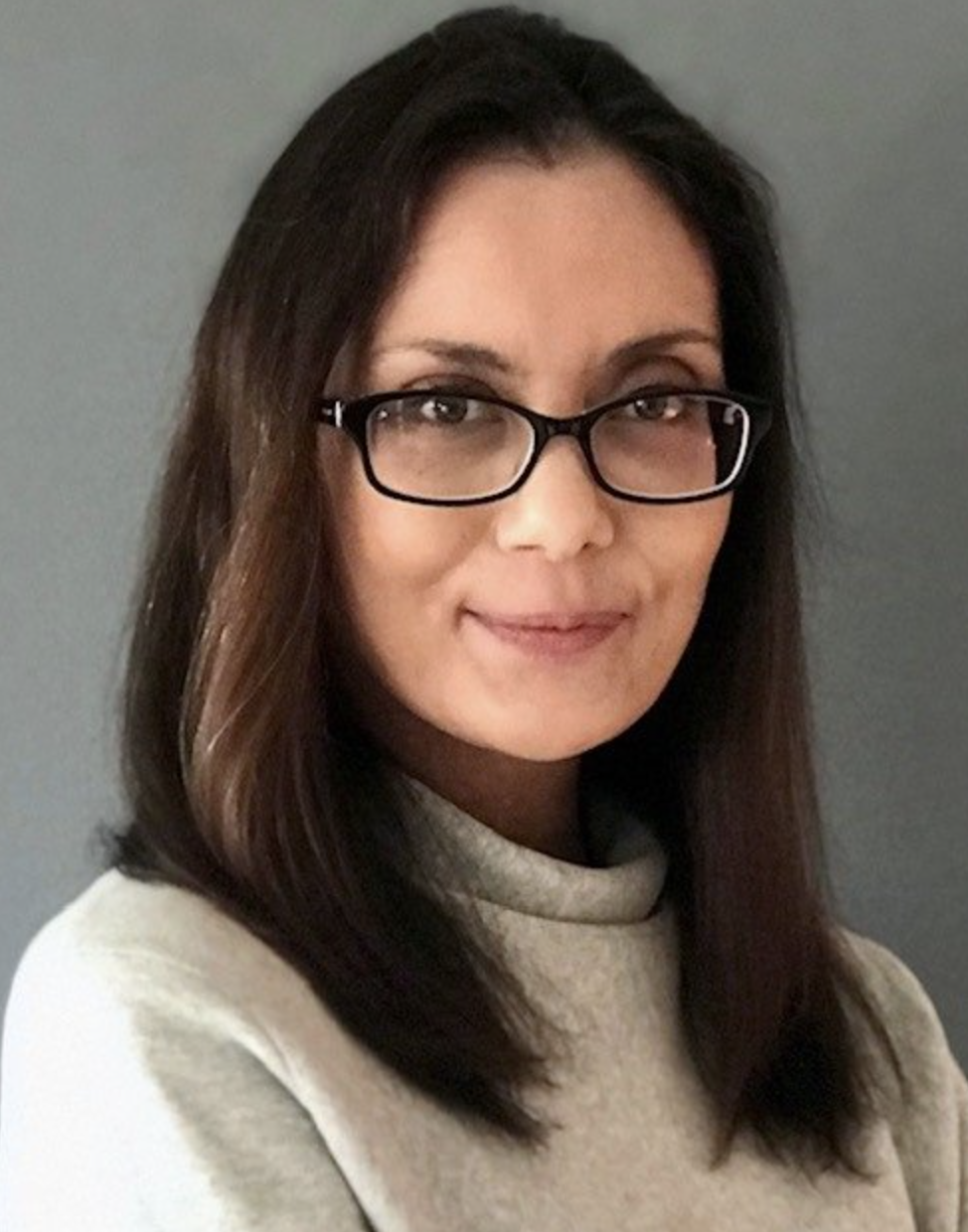 |
Maria Dalhage (DIGG - Swedish Agency for Digital Government) Passionate about working with the concept of Government as a platform, focusing on our common digital resources such as open data, APIs, open source and open standards. 15 years of experience from working in various public sectors such as e-Health, e-Commerce, labour market, and defense. |
 |
Joël Lambillotte (iMio) Joël Lambillotte was the cofounder PloneGov, an open source community based on the Plone CMS and leader of the Belgian branch CommunesPlone, an initiative to promote FLOSS cooperation between local governments in Belgium. The success of CommunesPlone project (representing more than 50 % of the municipalities in south Belgium) lead to the creation of IMIO, a public organisation providing IT services and solutions to local authorities. Joel Lambillotte is now deputy general director at IMIO. He is responsible for the FLOSS software strategy. |